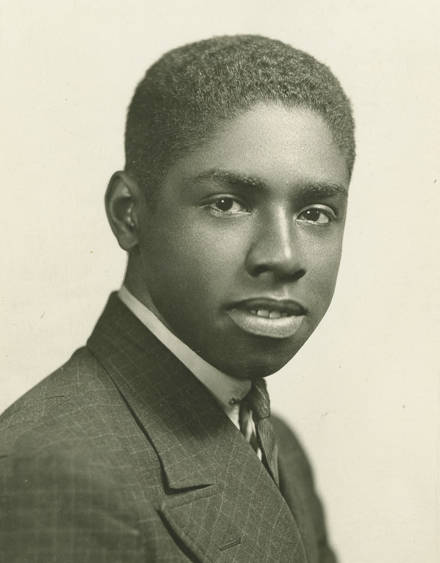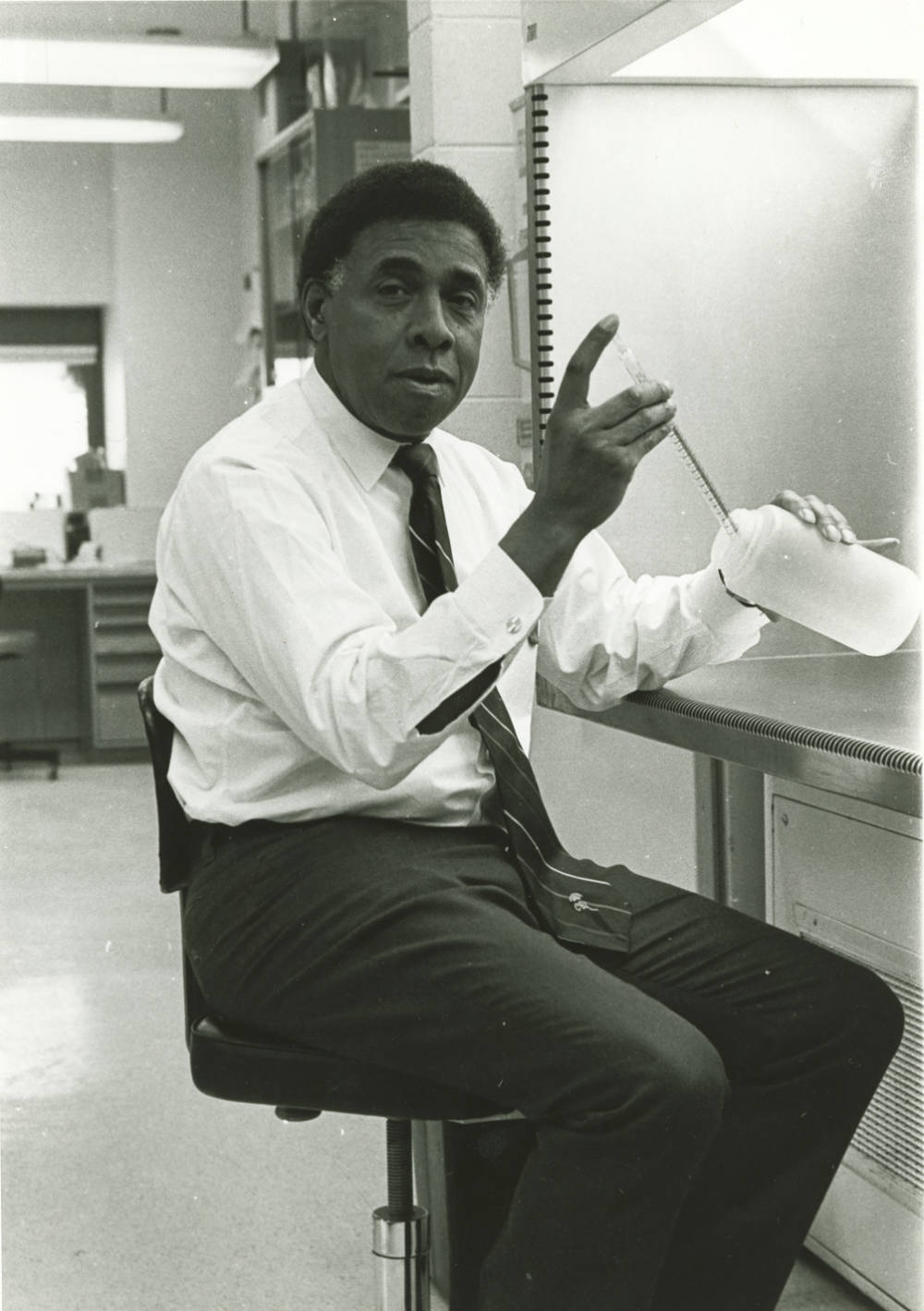Iconic Alumni
As we celebrate Black History Month as a community, Springfield College honors and recognizes the contributions of its notable alumni.
The editors from the New York Times called him a ”Pacesetter Among Blacks in Academia.” Born in New Jersey, Harold Amos ‘41, PhD, attended school in a two-room segregated schoolhouse in Pennsauken, N. J., but went on to become a microbiologist at Harvard Medical School, and a mentor who worked to open doors for other Black students.

He graduated first in his class from Camden (N.J.) High School in 1936 and came to Springfield College on an academic scholarship during a time when scholarships for African American students were rare. As an undergraduate, Amos was a leader in athletics and in student organizations. He served as editor of the Massasoit in his junior year and of the college newspaper during his senior year. He played baseball, tennis, and golf, and was a popular piano accompanist for college singing groups.
He majored in biology and minored in chemistry, graduating summa cum laude in 1941. The following year he worked as a graduate assistant in the College Biology Department, the first person of color to do so.
In 1942, Amos was drafted into the U.S. Army Quartermaster Corps, spending two years in England, and entering France six days after the Normandy invasion. Discharged in 1946, he enrolled in the biological sciences graduate program in the Division of Medical Sciences at Harvard Medical School, earning a master’s degree in 1947, and a PhD in 1952. In another of many firsts, Amos was the first African American to earn a doctoral degree from that division.
A Fulbright Fellowship brought him back to France to the Pasteur Institute, during which time his love of all things French, as well as of art and literature, developed and flourished.

He left France and returned to Harvard Medical School, now as a faculty member, where he served for almost 50 years, rising through the ranks to become full professor in 1969. According to his obituary, he was well known for his work in animal cell culture, bacterial metabolism and virology, specializing in cell metabolism, including its effects on gene expression. He also helped explain the workings of DNA and RNA.
He was named the Maude and Lillian Presley Professor of Microbiology and Molecular Genetics in 1975. In 1988, he became professor emeritus. The first African American to head a department at Harvard Medical School, he served as chair of the department of microbiology and molecular genetics from 1968-1971 and 1975-78. He twice served as chair of the Division of Medical Sciences, from 1971-75 and 1978-1988.
Amos held numerous leadership positions on national boards and committees, the efforts of which were committed to the advancement of science and the interests of minority students. He was on the Josiah Macy Jr. Foundation Board of Directors, the Minority Medical Faculty Development Program Advisory Committee of the Robert Wood Johnson Foundation, and was appointed in 1971 by President Nixon to the National Cancer Advisory Board. He served as president of the Massachusetts Division of the American Cancer Society.

As an advocate for underrepresented populations, Amos actively promoted National Institutes of Health programs for minority college students. He helped establish the Hinton-Wright Biomedical Society, an association for minority scientists in the Boston area.
Amos was the recipient of numerous awards and accolades, including an honorary degree from Harvard University in 1996. He received the Centennial Medal of the Harvard Graduate School of Arts and Sciences in 2000, the inaugural Howard University Charles Drew World Medical Prize in 1989, and the Public Welfare Medal in 1995 from the National Academy of Sciences. In 1974, he was elected to the American Academy of Arts and Sciences, and, in 1991, Amos was named a Fellow of the American Association for the Advancement of Science, as well as of the Institute of Medicine of the National Academy of Sciences.
After retirement, he became the first national director of the Minority Medical Faculty Development Program of the Robert Wood Johnson Foundation, serving until 1994. The program was created to increase the number of faculty from historically disadvantaged backgrounds who can achieve senior rank in academic medicine, dentistry, or nursing, and who will encourage and foster the development of succeeding classes of such physicians, dentists, and nurse-scientists. In 2004, the program was renamed the Harold Amos Medical Faculty Development Program.
Harold Amos, PhD, died in 2003, but through a bequest, he continues to support promising young biology students at Springfield College. ![]()
Sources:
New York Times
Harvard Gazette
San Diego Tribune
Harold Amos Medical Faculty Development Program







